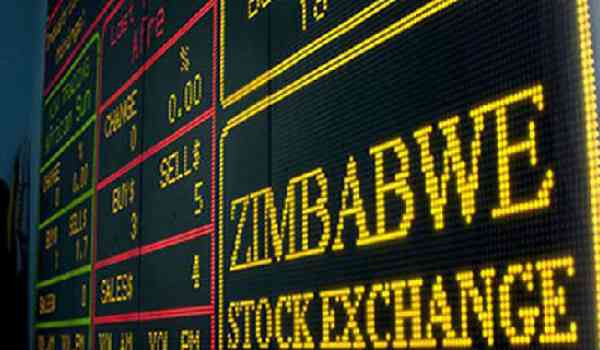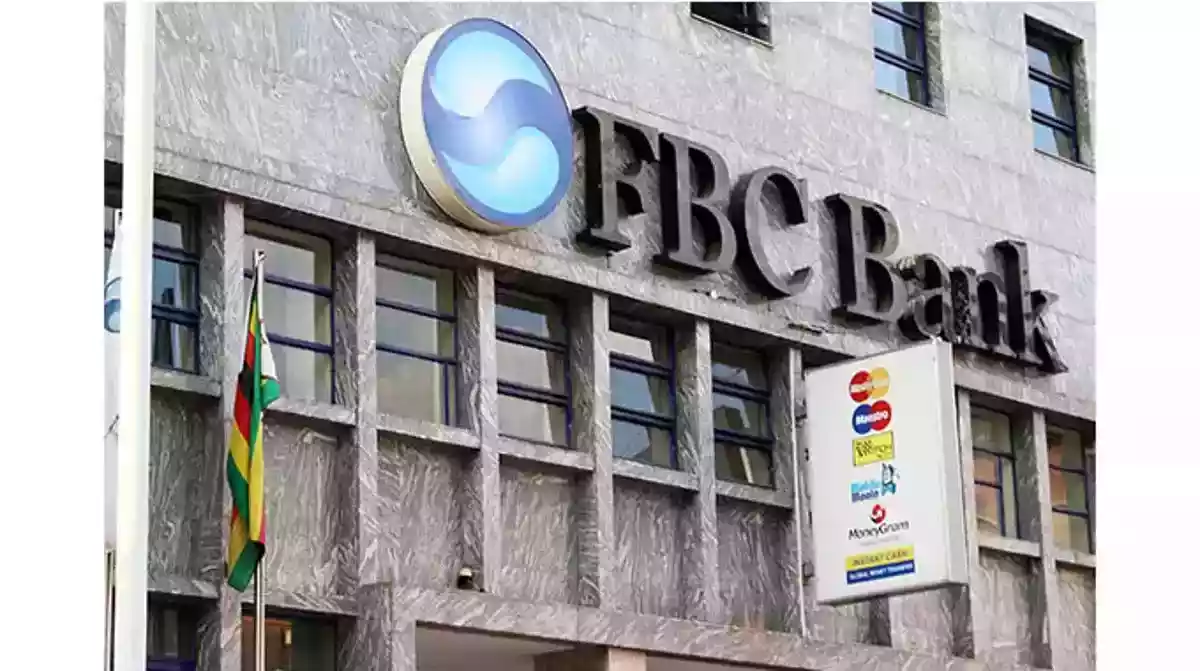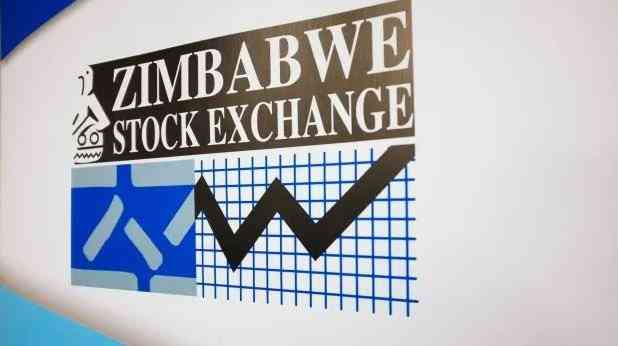
THE Zimbabwe Stock Exchange (ZSE) is now largely influenced by inflation rather than market fundamentals, making investments on the bourse increasingly risky, a new report has revealed.
The report by financial services firm FBC Securities (Private) Limited found that the local bourse lacked fundamentals.
Akribos Research Services recently encouraged investors to exercise caution during ZSE bull runs, especially as the bourse is tied to the exchange rate.
Further, the researcher found that the ZSE All Share Index was on an upward trajectory for the greater part of 2024, breaching the 292 point mark before slowing down towards the end of the year to close the period at 217,58 points.
This translated into the bourse’s market capitalisation rising by 125% nominally, but 31% in real terms, to close the year at ZiG66,2 billion (US$2,56 billion).
There are currently 37 listed entities on the ZSE.
“While it remains the dominant exchange, its performance is increasingly driven by inflationary trends and local speculative activity rather than fundamental growth,” FBC said in the stock pick report.
“The ZSE is dominated by traders rather than investors, so its performance is closely linked to fluctuations in the monetary sector — it rallies when volatility increases, as traders pursue short-term gains through inflation hedging, and falls when inflation hedging activity declines.”
- Mavhunga puts DeMbare into Chibuku quarterfinals
- Bulls to charge into Zimbabwe gold stocks
- Ndiraya concerned as goals dry up
- Letters: How solar power is transforming African farms
Keep Reading
However, the securities firm said this trend was not sustainable as it increased the swings and volatility of the market.
“Policy consistency and improved ZiG liquidity could sustain gains in 2025,” it said.
“Market capitalisation dropped 10% to US$2,6 billion in December 2024 from US$2,8 billion in December 2023. Tight ZiG liquidity led to depressed trading activity on ZSE, notably in Q4 (fourth quarter) 2024.”
Zimbabwe’s capital markets were ranked 19th out of 29 countries, according to the Absa Africa Financial Markets Index released in October 2024.
“Now in its eighth year, the Absa Africa Financial Markets Index evaluates twenty-nine African countries’ financial development based on measures of market accessibility, openness and transparency,” FBC said.
FBC said the ZiG Risk-Free Rates, the return on an investment with zero risk of financial loss, ranged from 5% to 10%, meaning the local currency was highly volatile but stable.
It said this suggested controlled inflationary pressures but signalled elevated risk premiums, given the experimental nature of the ZiG.











